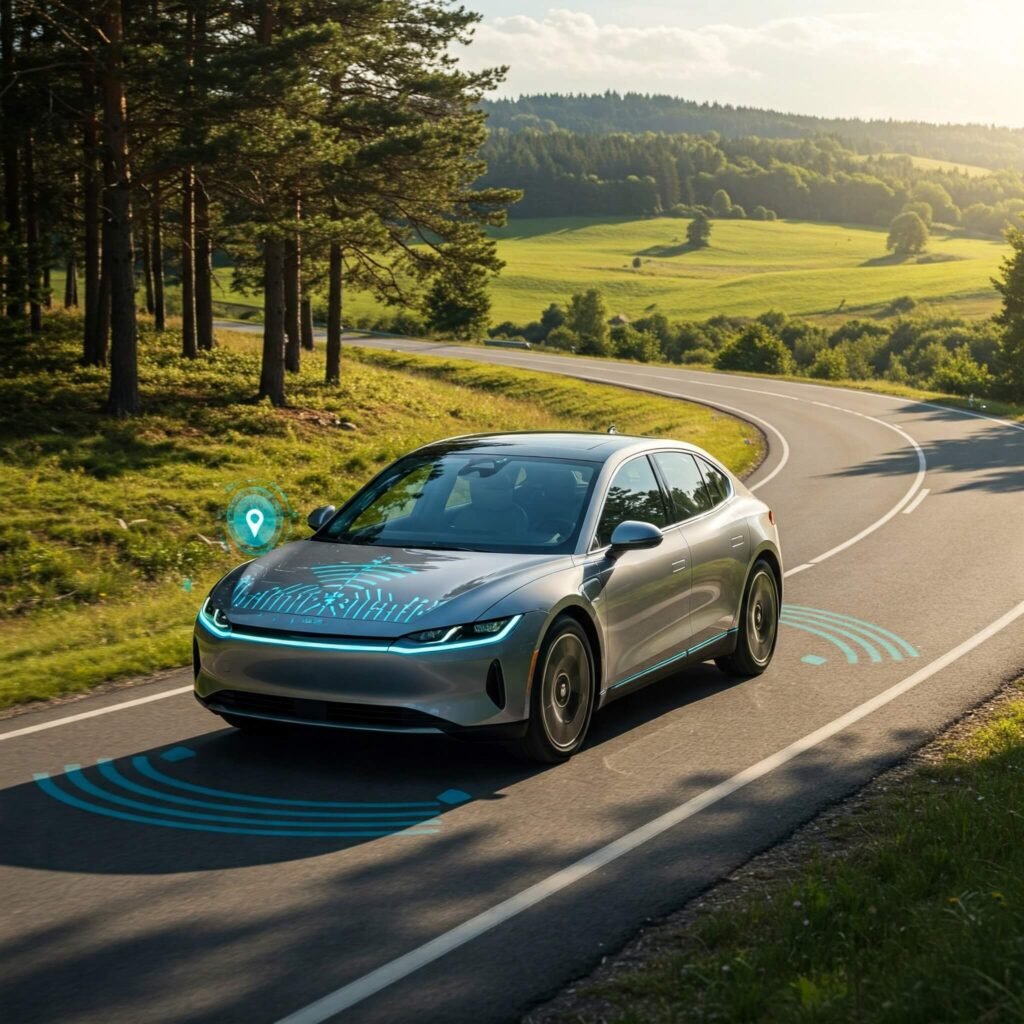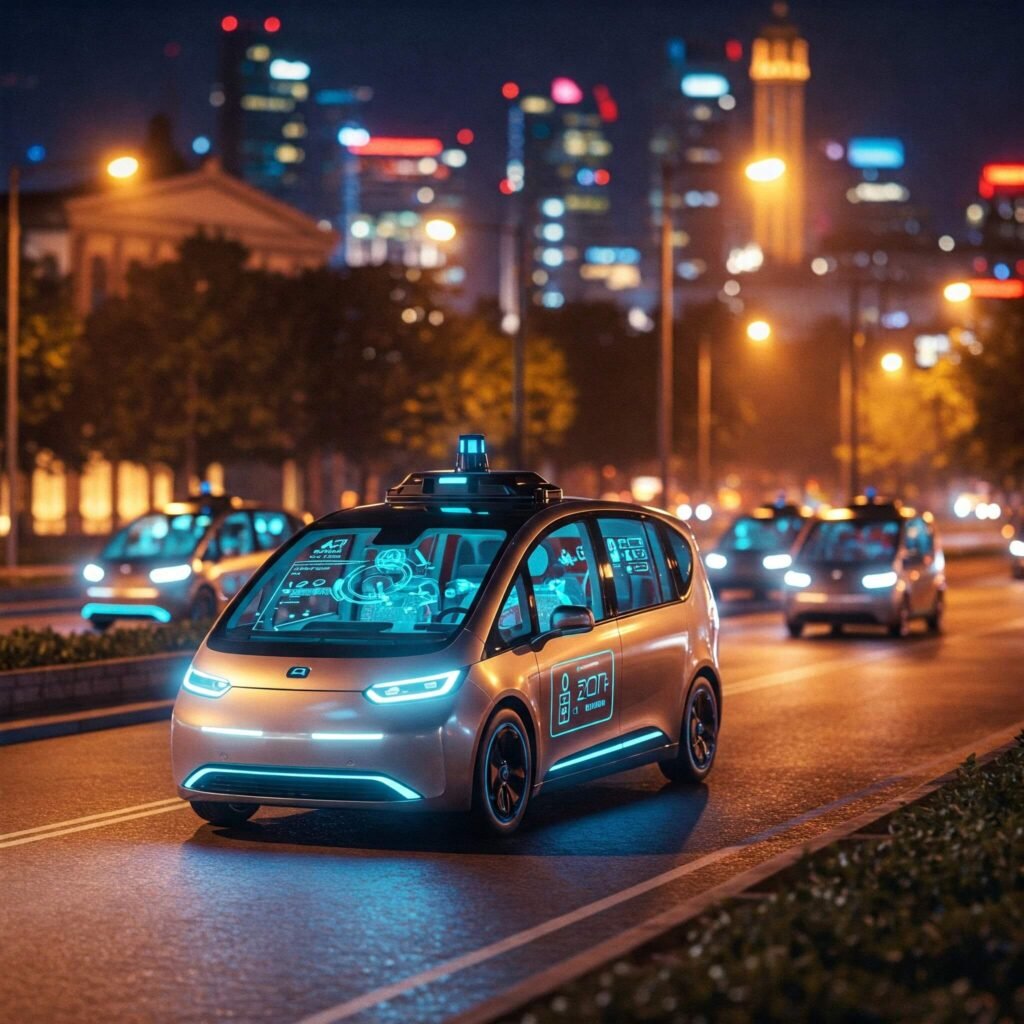
The automotive landscape is being fundamentally reshaped by AI-powered cars. Artificial intelligence is no longer a concept of the distant future; instead, it is rapidly becoming the core technology driving the evolution of vehicles. From enhancing existing safety features to paving the way for fully autonomous driving experiences, AI is transforming how we interact with transportation. Therefore, understanding how artificial intelligence is truly taking the wheel in modern automobiles is essential.
AI-Powered Cars: The Rise of Artificial Intelligence in Automobiles
The integration of artificial intelligence into vehicles is not a recent phenomenon. Rather, it represents a gradual progression, building upon decades of research and innovation in fields such as computer vision, machine learning algorithms, and advanced sensor technologies. Consequently, today’s vehicles, particularly AI-powered cars, feature sophisticated systems capable of interpreting their environment, making real-time decisions, and even learning from operational data.

Key Applications of AI in Modern Vehicles
The influence of AI is increasingly evident in modern vehicles, particularly in . For instance:
- Advanced Driver-Assistance Systems (ADAS): AI fuels features like adaptive cruise control, lane departure warnings, automatic emergency braking, and blind-spot monitoring. As a result, these intelligent systems enhance both safety and driver convenience by providing assistance with critical driving tasks in AI-powered cars.
- Enhanced Navigation and Traffic Management: AI-driven algorithms analyze real-time traffic patterns, suggest the most efficient routes for AI-powered cars, and moreover, can even predict potential traffic bottlenecks, thereby optimizing navigation.
- Personalized In-Car Experiences: can learn individual driver preferences for settings such as music, climate control, and seat positioning within AI-powered cars, thus creating a more tailored and comfortable environment.
- Predictive Maintenance: By analyzing vehicle performance data from can forecast potential maintenance needs before they escalate, leading to proactive servicing and minimizing downtime.
- Parking Assistance: Sophisticated parking assist technologies, powered by AI, can autonomously maneuver -powered cars into parking spaces with minimal driver intervention.
The Path to Fully Autonomous Driving
The long-term vision for many within the automotive sector is the realization of fully autonomous vehicles, commonly known as self-driving cars. Undoubtedly, -powered cars capable of navigating and operating without human input hold the promise of a future with potentially fewer traffic accidents, reduced traffic congestion, and improved mobility for individuals who are unable to drive themselves.

Numerous companies are at the forefront of developing this groundbreaking technology, leveraging intricate algorithms, vast datasets from sensors, and comprehensive mapping systems for powered cars. While the widespread consumer availability of fully autonomous vehicles is still in the developmental and regulatory stages, significant strides are being made in the field of -powered cars.






































